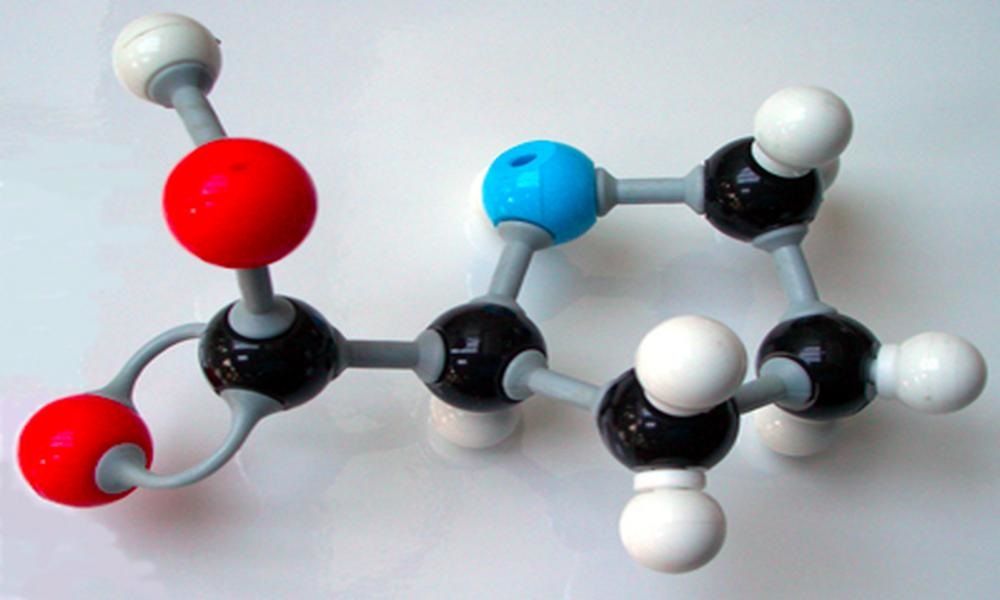Have you ever wondered about the fascinating world of chemistry and its mind-bending effects on human perception? If so, you’re in for a captivating journey as we delve into the realm of LSD-25 and BMK glycidate synthesis. In this article, we’ll provide you with detailed information and suggestions on how these compounds alter perception and the intriguing chemistry behind them.
Understanding LSD-25: A Gateway to Altered Perception
LSD-25, commonly known as acid, is a psychedelic substance that has piqued the interest of scientists, artists, and curious minds alike. Its ability to induce profound changes in perception, consciousness, and thought processes has made it a subject of intrigue and exploration.
LSD-25 primarily affects the brain’s serotonin receptors, leading to an increase in serotonin levels. This neurotransmitter is responsible for regulating mood, emotions, and perception. When LSD-25 interacts with serotonin receptors, it causes a cascade of effects that result in altered sensory perception. Colors become more vibrant, patterns may appear to move, and the boundaries between the self and the external world blur.
BMK Glycidate Synthesis: The Foundation of LSD Production
Now, let’s uncover the chemistry that enables the synthesis of LSD-25. BMK glycidate, short for 3,4-methylenedioxyphenyl-2-propanone, plays a crucial role in the production of this psychedelic compound. BMK glycidate is a precursor chemical used to create the LSD molecule. Understanding its synthesis is essential for those interested in the chemical processes involved.
The synthesis of BMK glycidate involves a series of chemical reactions, and while we won’t delve into the intricate details here, it’s important to note that the production and distribution of BMK glycidate are strictly regulated in many countries due to its potential use in the illegal manufacturing of controlled substances.
Conclusion: A Journey into Altered Perception and Chemistry
In conclusion, the intriguing chemistry of LSD-25 synthesis and BMK glycidate synthesis opens a door to the world of altered perception and consciousness. While the effects of LSD-25 on the mind are fascinating, it’s crucial to remember that its use is illegal in most places. Knowledge about the chemistry behind these substances should be used responsibly and ethically.
If you’re interested in the field of chemistry, there are countless legal and ethical avenues for exploration. Consider pursuing a career in chemistry, research, or education to satisfy your curiosity while contributing positively to society.
In the end, the most remarkable journeys are those that lead to understanding, growth, and the betterment of oneself and the world around us.
Related posts
Categories
Recent Posts
Advertisement


